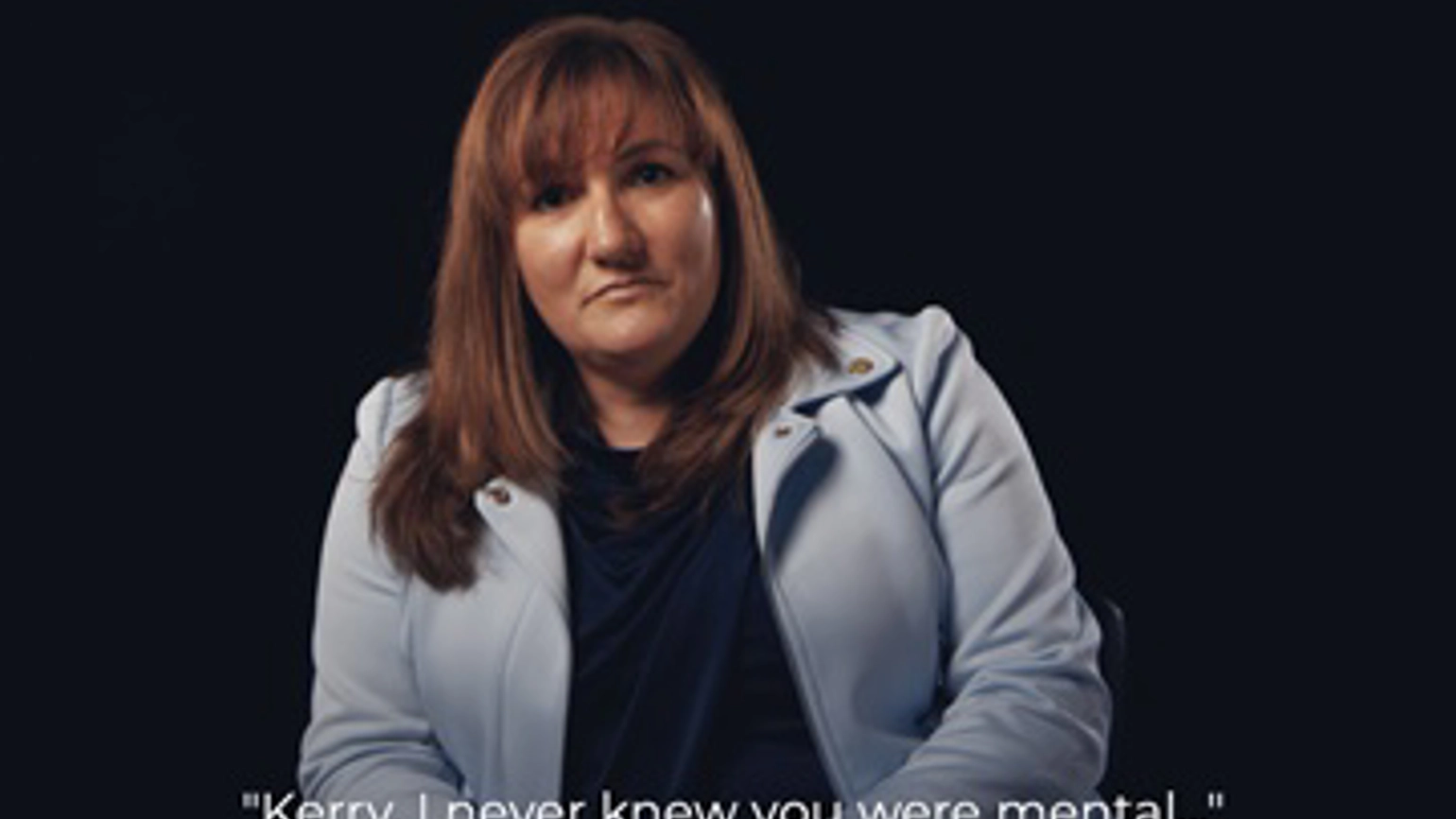Return to journal
Behind the scenes on inclusive filmmaking

We’re proud we can say that our film Invalid Opinions for The International Labour Organisation (ILO) - which highlights the value people with disabilities can bring to the workplace - is RY’s most awarded film to date, scooping 9 awards so far, from Cannes to New York Festivals to the UK’s Drum, EVCOM and Clarion Awards. One of the reasons it has seen so many accolades is because of its impact: the film and supporting media reached over one million impressions in the month of launch, with zero media budget and has been supported by NGOs, ILO member businesses and even a Hollywood star.
But this success did not come about by chance. Here are five ‘behind the scenes’ reasons we believe this vitally important film has been so widely recognised.
1. Insight driving creative
We can’t underestimate the importance of insight underpinning creative. Our goal for this film was to encourage more employers to recruit people with disabilities into the workplace and our starting point was that over one billion people globally are being routinely ignored by businesses because they have a disability. Incredibly, that equates to a talent pool the size of the US, Brazil, Indonesia and Pakistan combined.
This led to thinking about what unites people with and without disabilities? Talent. And then, what prevents that talent from progressing in the world of work? The uninformed assumptions – the invalid opinions – of what people with disabilities can and cannot do.
So, we filmed people who defy these invalid opinions every day – asking the viewer to confront their own beliefs and misconceptions – ones that might be inadvertently contributing to holding back these one billion individuals.
#invalidopinions is both intentionally provocative but also a play on words. We ended the film with a simple statement and tag, something that was easy to identify with and therefore to share. This saw individuals, businesses and organisations sharing it as well as following our lead and tagging their own content on social media with the same tag.
2. Authenticity is key
When telling human stories that deliver a behavioural message, even if it’s a drama production, it’s really important to be careful to remain credible.
In building belief in your story, message or objective, don’t over-engineer or put words into peoples’ mouths – authenticity is key. In the case of #InvalidOpinions this meant using real people with real, relatable experiences to keep it honest and authentic. Not that this was an easy task. Logistically it was a huge effort to find contributors. Their story contribution had to be strong, and crucially they had to be able to get to one of the designated shoot days and locations.
3. Make an impact
Don’t follow the expected route. Sometimes the absence of music or sound design is as powerful as adding it to build emotion. This is an idea that Rose Ayling-Ellis and Giovanni Pernice used so beautifully on 2021’s Strictly Come Dancing, bringing Rose’s everyday experience to life. If you’ve not already seen it, you can watch it here.
Our choice not to use music or sound design meant that the impact and raw emotion from our contributors really cut through. We handled their experiences with respect and integrity and gave our audience space to experience their own emotions without audio cues. That’s not to say that the emotion delivered by audio and sound isn’t important, in many ways it can be more important than the visuals – but handling and using it in a purposeful way gives enormous power to filmmakers.
4. Plan, plan, plan
Making this film was hugely challenging, but also opened our eyes to some of the barriers that people with disabilities face in the workplace and in everyday life.
Finding a studio location that was accessible and fit the budget was surprisingly difficult. Step-free access, accessible toilets, changing areas and green rooms large enough for wheelchair access, not to mention the perils of the London transport network were not easy obstacles to overcome. We also needed to spend more time planning production than for the average film, to ensure we met the needs of neurodiverse participants and those with visual or hearing impairments. All this goes to show just how badly we need inclusive working spaces to be normalised. The key learning for us: it is doable even if it is hard, and the benefits far outweigh the effort.
5. The brief
Obviously, a peach of a brief has a hand in awards eligibility – as does a clear and defined purpose. We all produce well-crafted and effective films on a regular basis, but the stories are often communication pieces or strategy launches that don’t offer as much opportunity to create something that really stands out in an awards category. So, it's always brilliant to work on a project that is as worthwhile as #invalidopinions. And so eye-opening. Working with our contributors to facilitate the shoot gave us a rare glimpse into the day-to-day barriers they face. We're hoping that as a result more of the untapped talent will find its way into our labour force and for that, we will all be richer.
Diversity and Inclusion can be difficult topics to communicate around, but by building in some of this thinking, we can get it right and make an impact.
